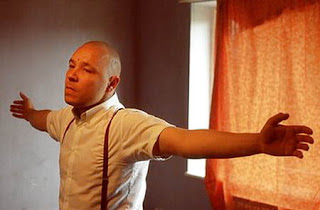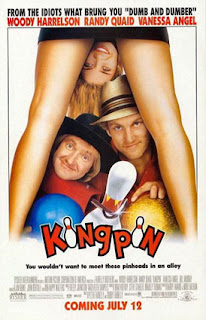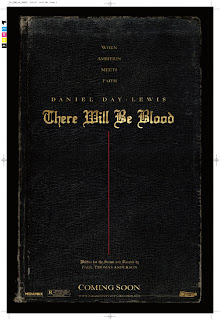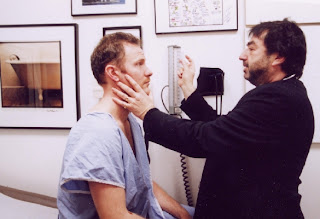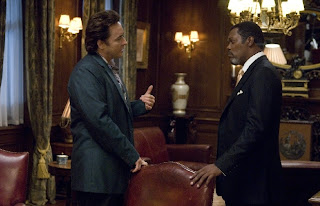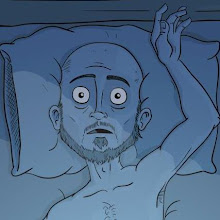
Earlier this year, I reviewed the latest film from Zhang Yimou, Curse of the Golden Flower. The film he directed before this was the 2004 martial arts epic, House of Flying Daggers. The film was itself a follow up to Hero, released in 2002. Nominated for an Oscar for best cinematography, the film is similar more to Hero than it is to Curse of the Golden Flower. Set during the Tang Dynasty of 9th Century China, the government is struggling to suppress a rebel group calling themselves the House of Flying Daggers. The group act like Robin Hood, stealing from the rich and giving to the poor. Two police men, Jin and Leo are tasked with finding the rebels in order to destroy the group. To do this, Jin seduces a blind dancer, believed to be a key member of the House of Flying Daggers. Jin breaks the girl out of prison after she attempts to kill Leo. Together, Jin and the girl, Mei make their way across country to find the rebels. But Jin finds himself developing feelings for the girl, something that will jeopardise his mission.
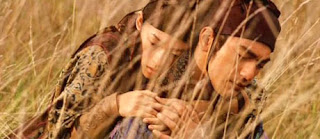
As with Curse of the Golden Flower, the first thing that is most striking about House of Flying Daggers, is the visuals. The cinematography in this film is stunning. Every frame is rich in colour and detail. There are quite a few battles throughout the film (none of the scale of the last battle in Curse of the Golden Flower), and all of them are filmed in a dream like quality. Yimou does seem to over do it a little with the slow motion and CGI moments, however these don’t really detract from the overall effect. The stunts in the fight sequences are amazing. Western audiences have become accustomed to these types of sequences ever since Crouching Tiger, Hidden Dragon hit the screens. But the effect of them in this film is no less diminished by this fact.
The weakness of this film, however, lies in the screenplay. It’s a pretty basic story, when you boil it down. It tends to get a little melodramatic at times. Yimou wrote a better film in Curse of the Golden Flower. The performances in this film, however are quite good. Actress Ziyi Zhang (who also starred in Crouching Tiger, Hidden Dragon) is brilliant. She handles the transition between vulnerable and deadly quite well. Takeshi Kaneshiro as Jin is also very good. The essential thing between the two actors is chemistry, and there’s plenty of that here.

Overall, I feel that House of Flying Daggers is the weakest of the three Yimou films. While it’s not a bad film by any stretch of the imagination, the script is a little bit of a letdown. However, the visuals and the fight sequences are both stunning and brilliantly choreographed, and these factors in themselves are what makes this film worth checking out.
 7/10
7/10






